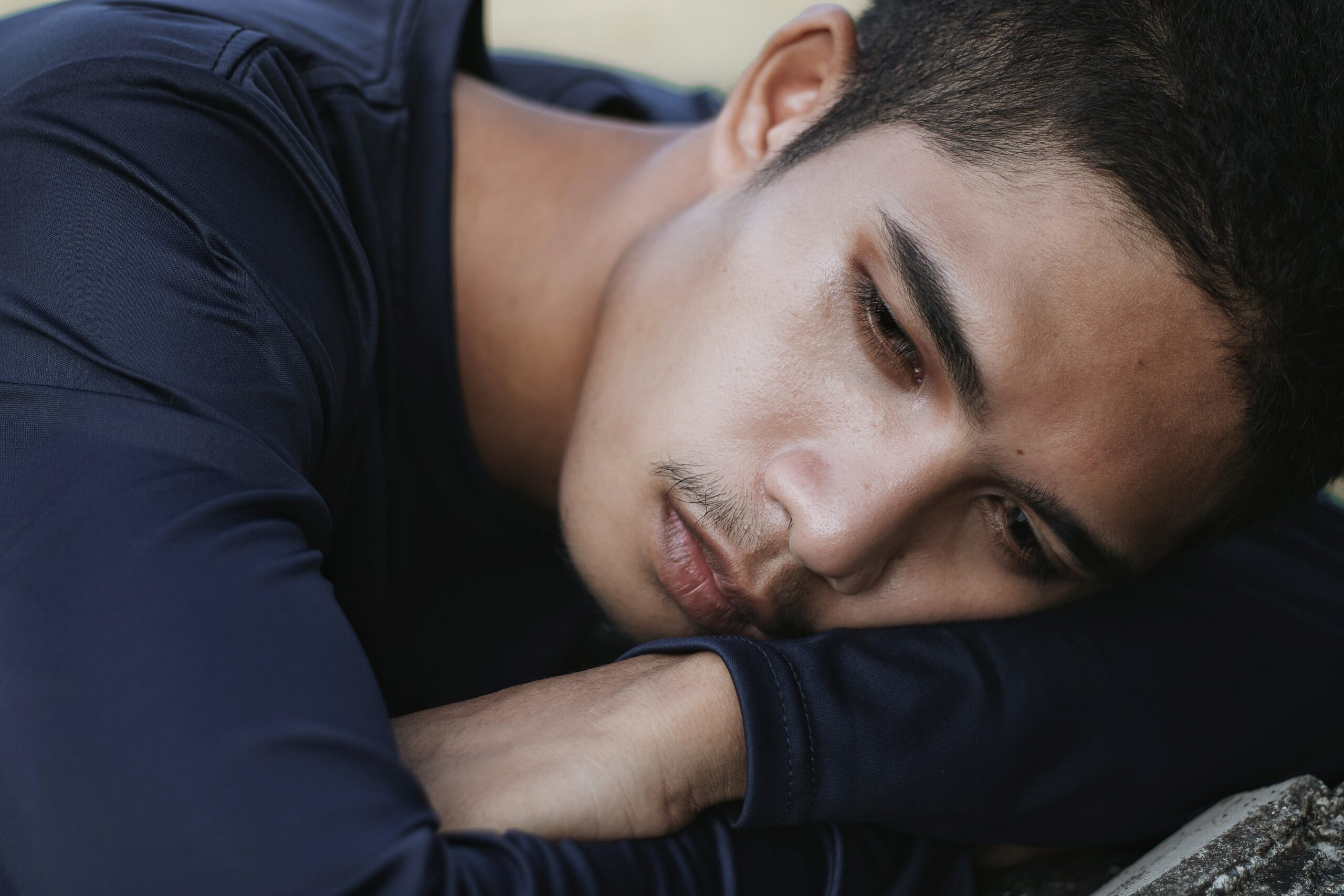Depression is a chronic mental condition in which the patient experiences sadness or hopelessness due to low serotonin levels (the feel-good hormone) and other unexplained reasons. It is one of the leading mental conditions, as over 15 million people in our country suffer from some form of depression. This makes it more important to be aware of the simplest of symptoms. Following are some physical symptoms of depression.
- Body ache
While this symptom alone might not indicate depression, it is one of the major symptoms of the mental condition. Depression reduces serotonin levels, thereby reducing the body’s tolerance toward various degrees of pain. While this might not be experienced by every individual suffering from depression, some healthcare experts also suggest that depression might increase inflammation in the neck and back. - Decreased pain tolerance
As mentioned above, people suffering from depression might experience a decrease in pain tolerance. This is because the psychological effects of depression might interfere with biological mechanisms. As a result, people with severe depression may experience pain both psychologically and physically. It has also been observed that people with depression experience more severe and long-lasting pain than other people. Treatments like CBT (cognitive behavioral therapy), relaxation training, hypnosis, and even exercise can increase pain tolerance. - Headache
Headaches are a symptom of many other health conditions like chronic migraine and dehydration; they can also be caused due to acute stress. Headaches could result from an overwhelming surge of emotions like guilt, dread, sadness, and hopelessness. Headaches can typically be treated using pain relievers and meditation or by targeting underlying causes of depression through therapy. - Digestive issues
This is one of the primary physical symptoms of depression. Mental conditions like depression can create an imbalance in hormones. The imbalanced level of hormones directly affects the gut. As a result, people suffering from depression might often suffer from indigestion, constipation, and even irritable bowel syndrome. Depression can also lead to inflammation in the intestines, worsening gut health. - Fatigue
This is a common sign of depression. People generally feel sluggish or experience low energy levels in the morning. However, people with depression feel fatigued all day long. Fatigue could be a result of overwhelming levels of stress, which tend to tighten muscles involuntarily. This can also lead to problems with concentrating, and the person might feel more irritated. - Trouble sleeping
This is one of the significant clues for diagnosing depression. People who have this mental condition might wake up in the middle of the night and might not fall asleep again. While occasionally experiencing this symptom may not indicate depression, frequent sleep disruptions increase the chances of suffering from depression. Hence, it is essential to consult a specialist if a person suffers from all these symptoms collectively. Early diagnosis can help manage depression more effectively.

